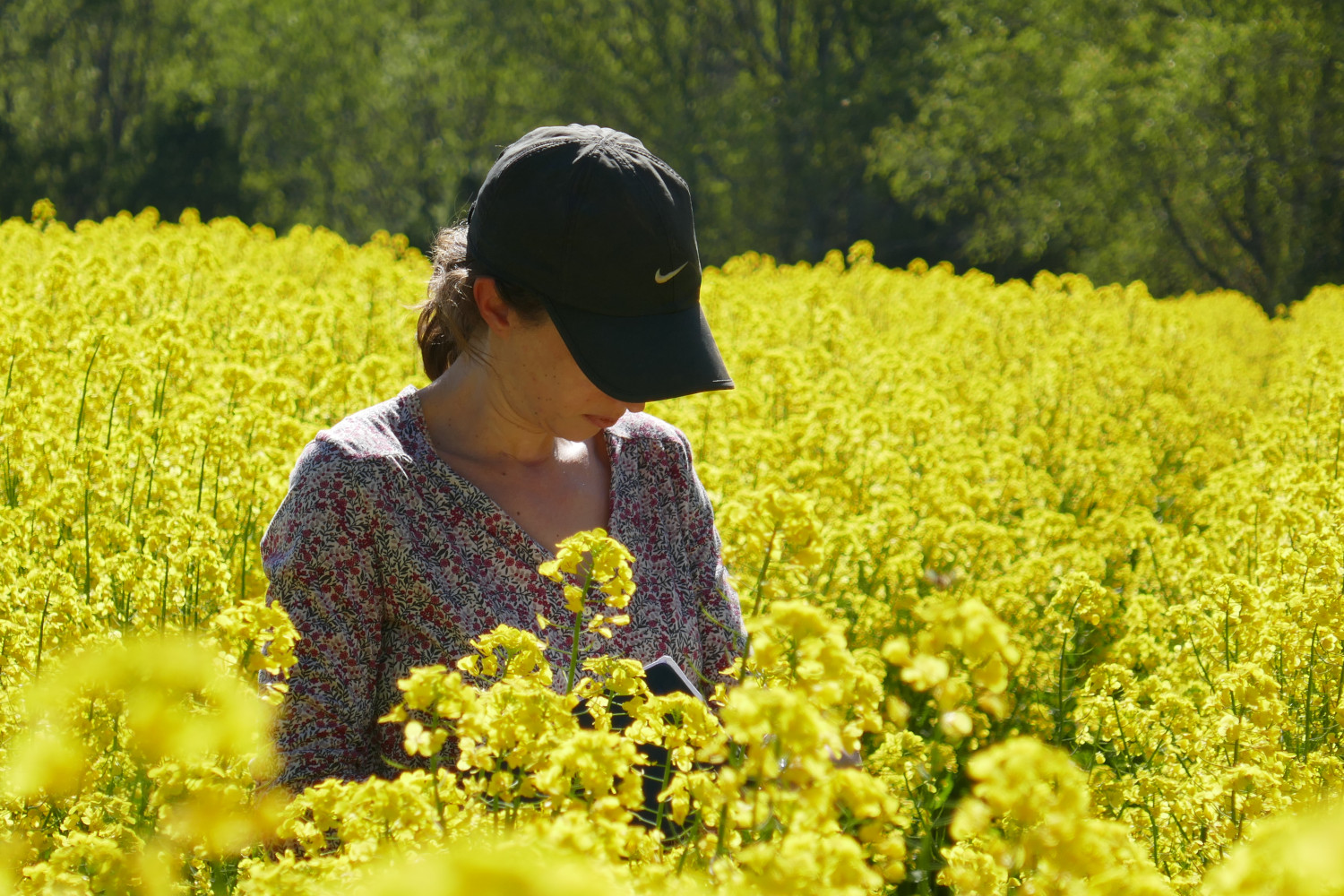Assess the impacts of landscape intensification and context on pollinator abundance and behaviour
Agricultural expansion and intensification have been linked with losses of pollinators and pollination, and although multiple pressures interact, habitat clearance and deterioration are considered the most important drivers of these effects. Effective monitoring of populations and their impact on pollination services is thus a crucial part of validating the cost of such management. In WP2 of the SURPASS project, we are looking at how wild insects, principally bees, provide key pollination services to a range of crops in Argentina, Brazil and Chile, and how this is affected by surrounding landscape factors that help support these wild pollinators. We are looking at three crops – canola, soya and blueberries, although of these, only one is under investigation across all three countries. This reflects the fact that blueberries represent a common crop grown in all three focal countries (Brazil, Argentina, Chile) and so provide an opportunity for implementing a common cross-region experimental design assessing pollination dependencies and impacts on biodiversity of this crop.
Canola (investigated in Chile) is worldwide one of the most significant oilseed crops and has been shown to provide important foraging resources for many wild bees, while soya (investigated in Argentina and Brazil) is one of the most economically significant crops in South America.
For each of these crops, replicated sites will be investigated along a landscape gradient to understand the interacting contribution to crop yield of wild insect pollinators dependent on a range of natural and semi-natural habitats. In the case of soya, we will be looking at latitudinal effects interacting with landscape on insect pollination, undertaking assessments of wild pollinators in four regions from South Argentina into Brazil, with each location containing multiple farm sites. Different latitudinal zones have specific varieties of crops tailored to local conditions, which may have direct consequences for the way pollinators interact within them. In each of the stratified study sites, we will be undertaking standardised sampling protocols for pollinators (including pan trapping, transect walks and the use of trap nests to monitor breeding populations), assessing their contribution to yield and quantify the spatial and temporal availability of crop and non-crop floral resources that they depend on.
Impact of invasive species on native pollinators
The SURPASS team will also assess the impact of invasive species on native pollinators in South America. More than a million non-native bumblebee (Bombus terrestris) colonies have been imported to Chile since 1997. This species has now become naturalised and has spread through Chile and Argentina and is on the verge of entering Bolivia and Peru. Accumulating evidence suggests multiple negative impacts of this invasion in natural and agricultural ecosystems. This includes increased extinction risk of the native B. dahlbomii, due to resource competition and pathogen spillover; this may also affect other pollinators and threaten apiculture. Moreover, this invader facilitates the spread of alien plants, e.g. Cytisus scoparius, and can negatively affect native plant pollination (nectar robbing, over visitation). Similar impacts have been observed with Africanised Apis mellifera in (sub) tropical South America. We will assess how landscape context & management, policy and legal frameworks affect invasiveness. We will systematically map and quantify impacts to parametrise models of longer-term impacts and develop a coordinated risk assessment. This will facilitate discussions between decision-makers and key stakeholders to help develop a coordinated policy to manage negative impacts and reduce the potential for conflicting strategies.
